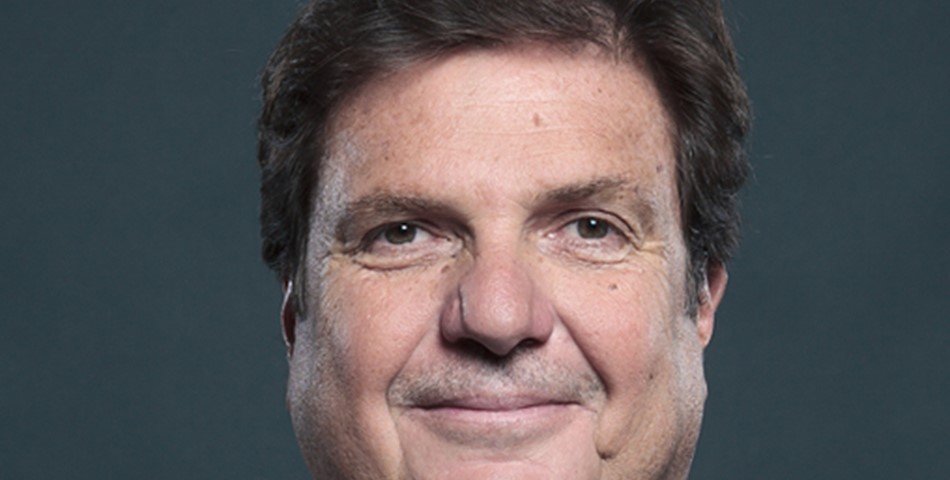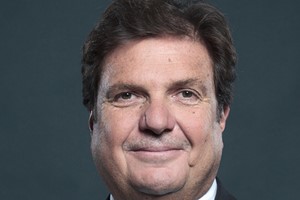For some people, water has never been a challenge in their day-to-day lives. This is mainly because they are living in communities where water is easily accessible. For them it’s simple – they turn on the tap and clean water just flows, every time, every day of the year. This makes it difficult for them to acknowledge the challenges experienced by people in other parts of the world when it comes to getting hold of a few drops of water – realizing the real value of water.
In developing countries, people can only access water from flowing streams, many of which are sometimes contaminated, leading to water-borne diseases. The lack of quality water also endangers proper handling of human waste and sewage, resulting to stagnant, dirty water – a welcoming environment for mosquitoes and other insects. In the cities, insufficient quality water brings about sanitation issues. Clinics, local restaurants, public places are forced to use very limited water for cleaning which compromises the health of the staff and people who use the facilities.
Water covers more than 70% of the earth’s surface yet there is still water scarcity. One reason would be, less than 3% of water on earth is fresh water, and the bulk of this is trapped in snowfields and glaciers. The remaining natural water sources come from the seas and oceans and cannot be used in the same way as fresh water but rather must be treated before use.
Water is critical, not only for drinking and taking showers, it is also valuable for sanitation, handling of human waste, manufacturing, construction and farming – and the list goes on. In fact, almost every human activity one can think of involves water.
We may feel that there is nothing we can do. But the truth is, there is so much potential if every individual is willing to change their perspectives towards water use and contribute to solving the problem. Here are three simple steps that you can start with:
Be aware and share the knowledge
Learn more about water scarcity and the growing water crisis. There are plenty of online resources and the United Nations Development Programme (UNDP) is one good source of credible information. If you understand the problem, you are in a better position to solve it. More importantly, don’t keep the knowledge to yourself but share it with family and friends.
Take part and make partners
Take part in discussions, initiatives and competitions that promote efficient water use and saving natural water resources. Getting involved with a bigger advocacy group can motivate more people to join the cause. Tapping into government-led or non-profit environment organizations is also a great way to acquire support. With bigger network and more resources, there will be opportunities to welcome help and reach out to the neediest places.
Use water wisely
The population is growing faster minute by minute. In effect, the demand of quality water use is growing while the existing natural water resources remain unchanged, or worse, downgraded due to pollution and other man-made activities. We must have the right attitude towards our own lifestyle and conserve water whichever way possible. Using a glass instead of running the tap water while brushing your teeth, fixing water leaks as soon as possible, filling the kettle with the amount you will only need – are a few ways to use water wisely at your home.
Consuming water responsibly is a duty that we must all take seriously. We all share the same water resources so we must work together to preserve our planet and our livelihood. Every drop of water matters and saving it starts with you.
Fady Juez
Managing Director
Metito











